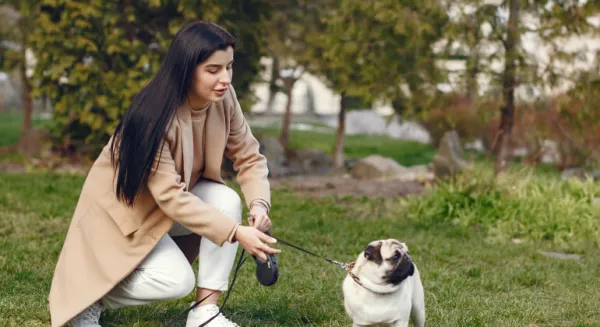Discover everything about Dachshunds! Learn about their history, temperament, care tips, health issues, and why these "wiener dogs" make loyal companions. Perfect for prospective owners
Dachshunds, affectionately called “wiener dogs” or “sausage dogs,” are one of the most recognizable dog breeds globally, known for their long bodies, short legs, and bold personalities. Originally bred for hunting, these small but fearless dogs now thrive as family pets. we’ll explore Dachshund characteristics, care needs, health tips, and more to help you understand why they’re a beloved breed.
Dachshund Breed History & Origin
Origins:
Developed in Germany over 300 years ago to hunt badgers (“Dachs” = badger, “Hund” = dog).
Purpose:
Their elongated bodies allowed them to dig into burrows, while their loud bark alerted hunters.
Popularity:
Became a symbol of Germany and gained global fame for their unique appearance and spirited nature.
Dachshund Physical Characteristics
Size:
Standard: 16–32 lbs, 8–9 inches tall.
Miniature: Under 11 lbs, 5–6 inches tall.
Coat Varieties:
Smooth (short-haired), Long-haired, Wire-haired.
Colors:
Red, black & tan, chocolate, dapple, piebald, and more.
Dachshund Temperament & Personality
Bold & Curious:
Fearless, intelligent, and occasionally stubborn.
Loyal Companions:
Affectionate with families but may be wary of strangers.
Energy Level:
Moderate; loves playtime but also enjoys lounging.
Training Tips:
Use positive reinforcement—they respond well to treats and praise
Dachshund Care Guide
Exercise:
Daily walks and play to prevent obesity (a risk factor for back issues).
Grooming:
Smooth: Low maintenance.
Long-haired: Regular brushing.
Wire-haired: Occasional trimming.
Diet:
High-quality food to maintain a healthy weight.
Dachshund Health Issues
Common Health Concerns:
IVDD (Intervertebral Disc Disease): Due to their long spine, avoid stairs/jumping.
Obesity: Exacerbates joint/back issues.
Dental Disease: Regular teeth cleaning.
Lifespan:
12–16 years with proper care.
Training & Socialization Tips
Start Early: Socialize puppies with people, pets, and new environments.
Housebreaking: Can be challenging—consistency is key.
Mental Stimulation: Puzzle toys to curb boredom (they love to dig and explore!).
FAQs About Dachshunds
Q: Are Dachshunds good with kids?
A: Yes, if socialized early—supervise with small children due to their fragile backs.
Q: How much exercise do Dachshunds need?
A: 30–60 minutes daily.
Q: Mini vs Standard Dachshund?
A: Miniatures are smaller but share the same personality traits.
Conclusion: Is a Dachshund Right for You?
Dachshunds are ideal for active owners who appreciate a quirky, loyal companion. Their unique look and spirited nature come with responsibilities—especially in preventing back injuries. Ready to welcome a Dachshund?





